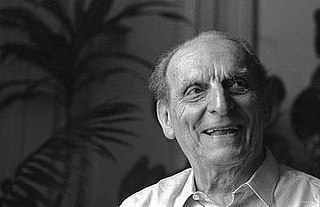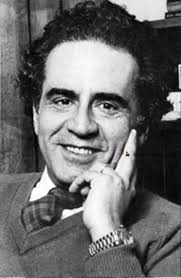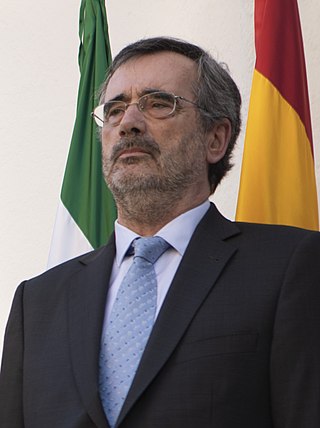Books in English
1. Rethinking the Future of Politics, Peter Lang, Bern 2010.
2. The Future and Its Enemies, Stanford University Press, 2012.
3. (ed. with Javier Solana), Humanity at Risk. The Need for Global Governance, Continuum/ Bloomsbury, New York, 2012.
4. The Democracy of Knowledge, Continuum/Bloomsbury, New York, 2013.
5. Governance in a New Global Era, Columbia University Press, 2016.
6. (ed. with Serge Champeau, Carlos Closa and Miguel Maduro), The Future of Europe: Democracy, Legitimacy and Justice after the Euro Crisis, Rowmann & Littlefield, London, 2014.
7. Ethics of hospitality, Routledge, New York, 2017.
8. The democracy in Europe, Palgrave-Macmillan, 2018.
9. Politics in the Times of Indignation, Boomsbury, New York, 2018.
10. A Theory of Complex Democracy, Boomsbury, New York, 2023.
Books in Spanish and other languages
1. Ética de la hospitalidad, Península, Barcelona, 2001 (French translation: Éthique de l´hospitalité, Presses Universitaires de Laval, Canada, 2009).
2. La transformación de la política, Península, Barcelona, 2002 (Portuguese traduction: A trasformaçao da politica, Teorema, Lisboa, 2005; French translation: La démocratie sans l'État: essai sur le gouvernement des sociétés complexes, Flammarion-Climats, Paris, 2006, prologue of Jorge Semprún; English translation: Rethinking the Futur of Politics, Peter Lang, Bern 2010).
3. La sociedad invisible, Espasa, Madrid, 2004 (Italian translation: La società invisible, Meltemi, Roma, 2006; Portuguese translation: A sociedade invisível, Teorema, Lisboa, 2009; French translation: La société invisible, Presses Universitaires de Laval, Canadá).
4. El nuevo espacio público, Espasa, Madrid, 2006 (Italian traduction: Il nuevo spazio publico, Meltemi, Roma, 2008; Portuguese translation: O novo espaço público, Teorema, Lisboa 2010; French. translation: Le nouvel space publique, Québec, 2012).
5. Le futur et ses ennemies, Flammarion-Climats, Paris 2008. (Spanish translation: El futuro y sus enemigos. Una defensa de la esperanza política, Paidós, Barcelona, 2009; Portuguese translation: O futuro e os seus inimigos, Teorema, Lisboa, 2011; English translation: The futur and its enemies, Stanford University Press, 2012; Italian translation in forthcoming, Mimesis, Milán, 2013).
6. La democracia del conocimiento, Paidós, Barcelona, 2011. (English translation: The Democracy of Knowledge, Continuum/Bloomsbury, New York, 2013; German translation: Demokratie des Wissens, Transcript, Bielefeld, 2013.
7. La humanidad amenazada: gobernar los riesgos globales (ed. with Javier Solana), Paidós, Barcelona, 2011; English translation: Humanity at Risk. The Need for Global Governance, Continuum/ Bloomsbury, New York, 2012 (French translation: Governance mondiale et risques globaux, Presses Universitaires de Bordeaux, 2013).
8. (with Dominic Desroches), Penser le temps politique. Entretiens philosophiques à contretemps avec Daniel Innerarity, Presses de l' Université Laval, Québec, 2011.
9. Política para perplejos, Galaxia Gutenberg, 2018.
10. Una teoría de la democracia compleja. Gobernar en el siglo XXI, Galaxia-Gutenberg, 2020 (Portuguese translation: Uma teoria da democracia complexa, Porto Editora, 2021; Italian translation: Una teoria della democrazia complessa. Governare nel 21° secolo, Castelvechi, 2022; English translation: A theory of complex democracy, Bloomsbury, New York, 2023.
11. Pandemocracia. Una filosofía de la crisis del coronavirus, Galaxia-Gutenberg, 2020.
12. La sociedad del desconocimiento, Galaxia-Gutenberg, 2022.
13. La libertad democrática Galaxia-Gutenberg, 2023.













